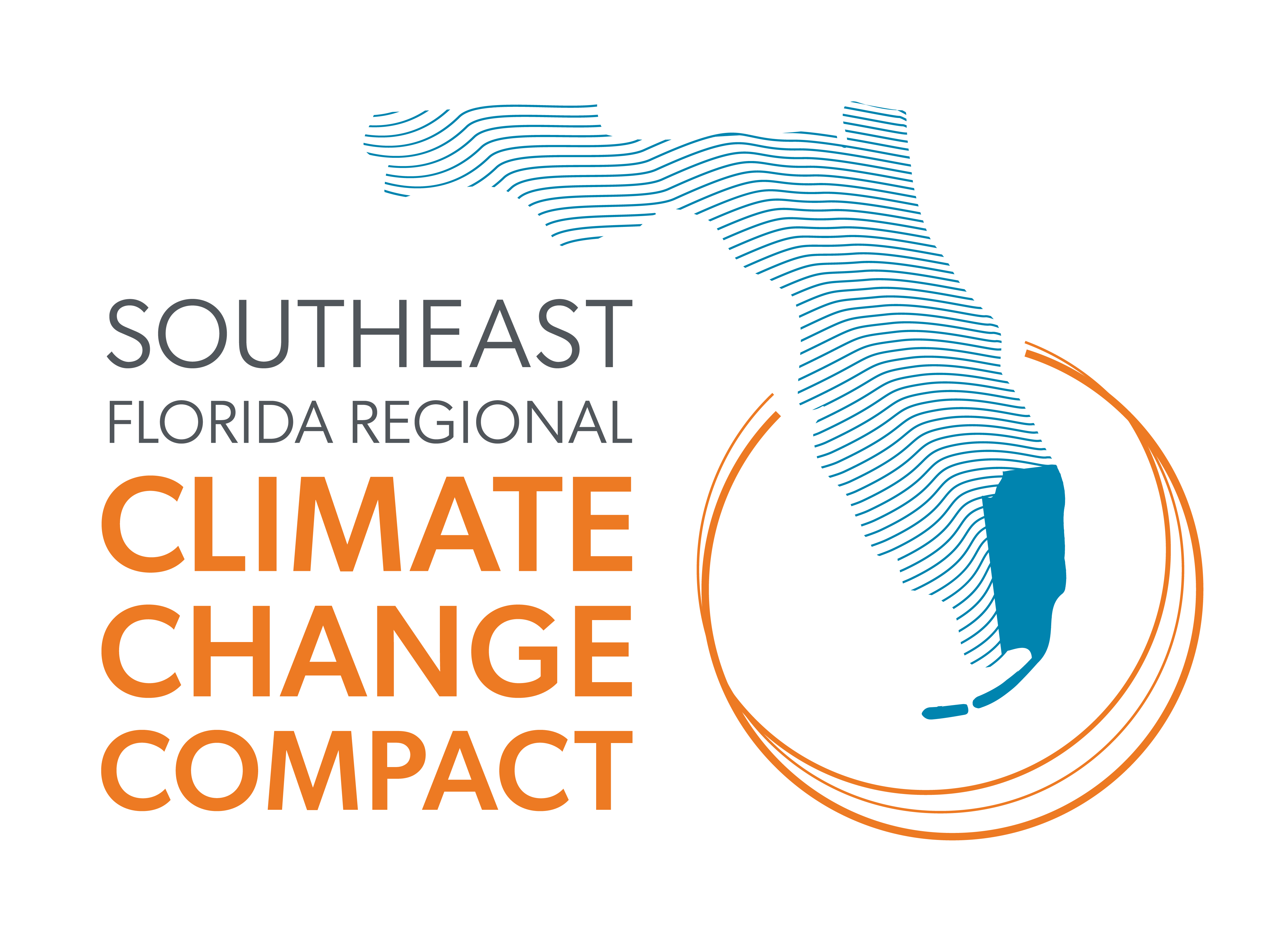Protect, restore and ensure the sustainable use and management of interdependent coastal habitats, including coral reefs, seagrasses, mangroves and wetlands to minimize climate change impacts to Florida’s coral reefs and fisheries.
STRATEGIES
NS-12.1 Develop integrated management strategies, programs, policies and regulations to mitigate negative human impacts on coral reefs. These should include but are not limited to:
- GHG emissions reduction
- Water quality improvements
- Investment in research to identify corals most tolerant of changing marine conditions
- Responsible boating, snorkeling and diving practices
- Sustainable, low-impact fishing practices
- Reduction of pollution/runoff, pesticides and fertilizers
IMPLEMENTERS: non-profit organizations, local governments, regional agencies,
academic institutions, private sector, water utilities
STATE/FEDERAL PARTNERS: FDEP, FWC, NOAA, NPS
NS-12.2 Support and advance coordinated, science-based marine management and protection through the mosaic of marine protected areas, sanctuaries, aquatic preserves and national and state parks in the region.
IMPLEMENTERS: local governments, regional agencies, non-profit organizations,
marine-dependent industries, academic institutions
STATE/FEDERAL PARTNERS: FDEP, FWC, NOAA, NPS
NS-12.3 Improve water quality and habitats such as seagrass and mangroves that support fisheries in order to minimize climate impacts on fisheries.
IMPLEMENTERS: local governments, regional agencies
STATE/FEDERAL PARTNERS: FDEP, FWC, NOAA, NPS
NS-12.4 Develop and implement adaptation plans for the regional ocean economy by convening and coordinating among stakeholders in the fishing and dive industry, marine research/academia, coastal management and federal, state and local governments.
IMPLEMENTERS: non-profit organizations, academic institutions, local governments
STATE/FEDERAL PARTNERS: FDEP, FWC, NOAA, NPS
NS-12.5 Advance coordinated efforts to restore genetically diverse breeding populations of threatened staghorn and elkhorn corals to degraded reefs throughout South Florida. Advance associated research to improve understanding of corals most resilient to increasing temperatures and acidification.
IMPLEMENTERS: non-profit organizations, academic institutions, counties, regional agencies
STATE/FEDERAL PARTNERS: FDEP, FWC, NOAA, EPA
